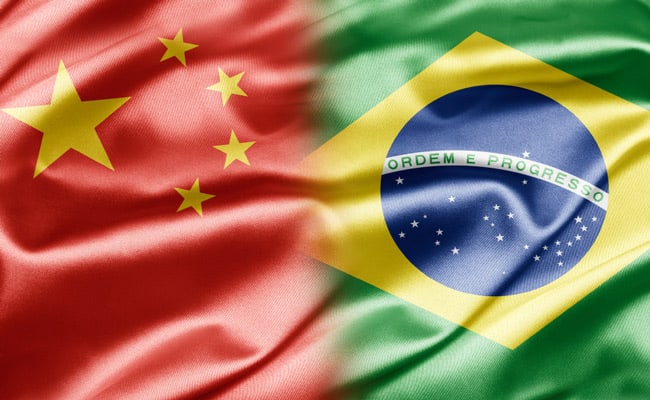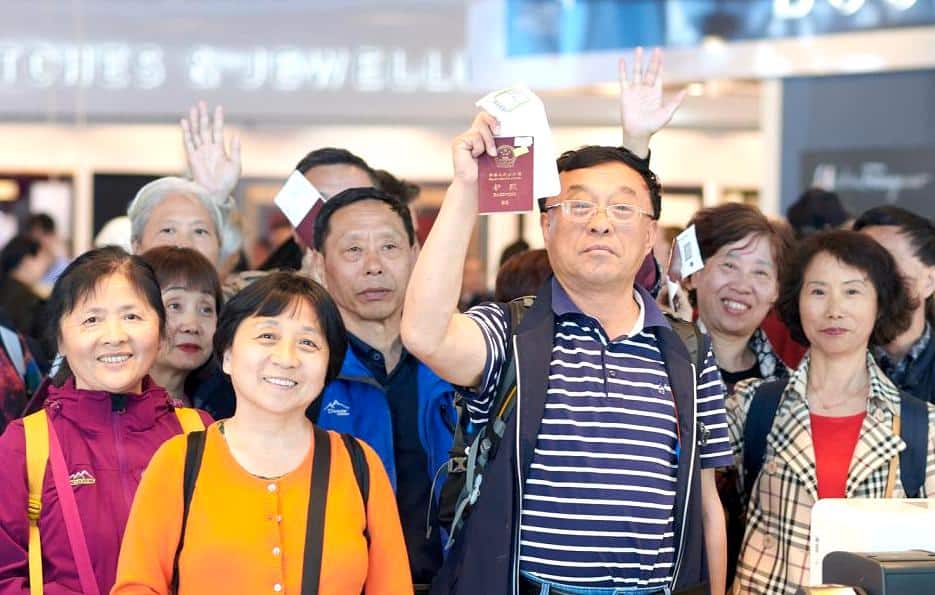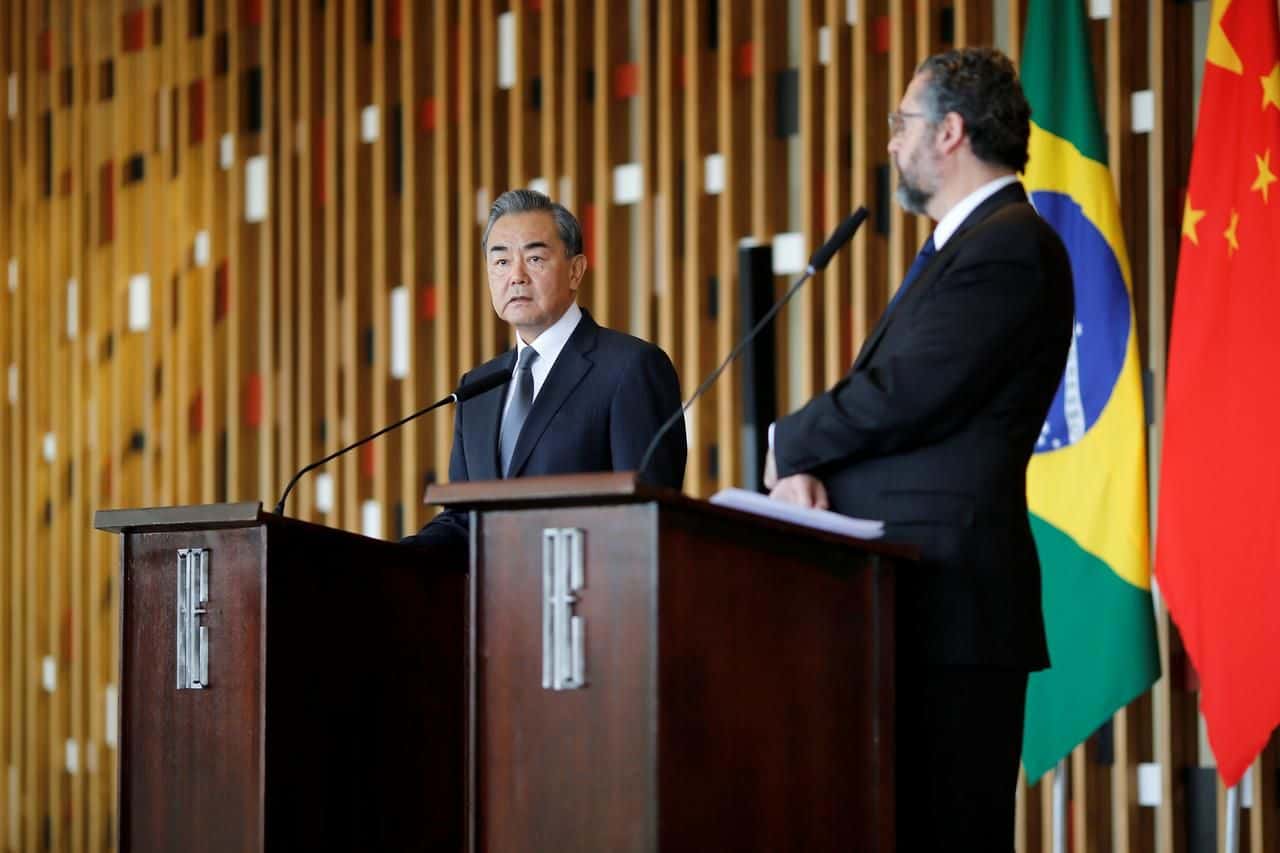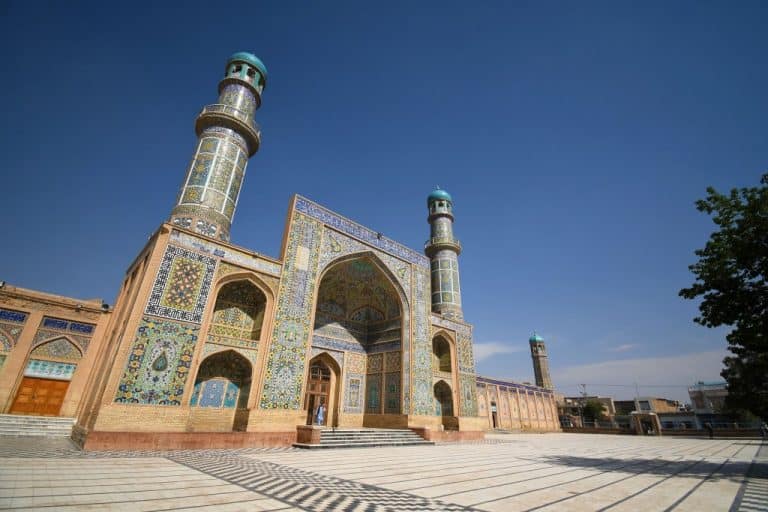Brazil plans to create new opportunities with China
Brazilian Foreign Minister Ernesto Araújo said that the Brazilian government is interested in raising its relations with China to an unprecedented threshold. “We wish to create new opportunities with China for Brazilian exporters and investment,” Araújo said in Brasília Tuesday (Jun 4), during a dinner held to honor vice-President Hamilton Mourão, organized by the Brazil–China Parliamentary Fronts and Brics.
The chancellor said there is no “contradiction” in building high-level simultaneously with China and the US—another country, Araújo said, that has maintained an excellent flow of commerce and investment with Brazil.
“There’s no contradiction. We can have profitable relations with both, with no animosity, there’s no problem at all,” he said. Thus, this statement is likely to open Brazil to a huge market share from China and the United States of America. With the huge market share, they are able to witness a lot of profits and increase foreign exchange in the country. Furthermore, maintaining the best international relations with both countries.
Noting that China is Brazil’s top trade partner today, Araújo said that the Brazilian government has encouraged the expansion of talks aimed at opening “new avenues in both trade and investment.”
In 2018, bilateral trade stood at $98.9 billion. Brazilian exports reached $64.2 billion, whereas imports totaled $34.7 billion. Figures from the Central Bank indicate that China had a stock of investment including 155 projects, especially in the financial, energy (generation, transmission, in addition to oil and gas), infrastructure (ports and railways), services, and innovation sectors until 2018.
In order to further bolster bilateral ties, President Jair Bolsonaro is expected to fly to China in September. Chinese President Xi Jinping will also come to Brazil to attend the 11th summit of Brics (Brazil, Russia, India, China, South Africa), which is slated to take place on November 13 and 14, in Brasília.
Even more, the Chinese State Councilor and Minister of National Defense Wei Fenghe is on a four-day visit in Brazil that started Thursday, where he attended the 197th-anniversary celebrations of Brazil’s independence on Saturday.
On the sidelines of the celebration ceremony, Brazilian President Jair Bolsonaro held talks with Wei, asking him to convey his sincere greetings and good wishes to Chinese President Xi Jinping.
“I am looking forward to visiting China in October and meeting with Chinese President Xi,” said Bolsonaro. For his part, Wei conveyed Xi’s kind greetings and good wishes to Bolsonaro, as well as his congratulations on Brazil’s independence anniversary. Under the guidance of Xi and Bolsonaro, the comprehensive strategic partnership between China and Brazil has strengthened, and their military ties have maintained a good momentum, said Wei.
China is willing to work with Brazil, consolidate pragmatic cooperation in various fields, and promote the bilateral relations and military ties to a new level, Wei added. On Friday, Brazilian Vice President Hamilton Mourao met with Wei. Mourao said China is Brazil’s trustworthy and reliable partner for comprehensive strategic cooperation, and Brazil is willing to work with China to strengthen all-round cooperation in various fields.
During the talks with Mourao, Wei said China and Brazil are good friends and good partners, and China stands ready to work with Brazil to advance the ties and the two countries and militaries in a healthy way.
Meanwhile, Brazilian Defense Minister Fernando Azevedo e Silva also held talks with Wei. According to Reuters, Brazil and China are expected to hold their first high-level political and economic talks since 2015 later this year, Brazil’s agriculture trade secretary told Reuters on Thursday, in a move likely to boost farm trade between the two countries.
The first meeting of the China-Brazil High-Level Coordination and Cooperation Committee (Cosban), last convened under former President Dilma Rousseff, is “very probable” for the second half of the year, said Orlando Leite Ribeiro, who oversees trade and international relations at the Agriculture Ministry.
The meeting should advance talks to permit more Brazilian meatpackers to export to China and to accelerate Chinese approvals of genetically modified (GMO) products, Ribeiro said in an interview.
China is Brazil’s largest trade partner and is the top importer of Brazilian soy and beef. The fact in itself is a good example of international relation. Brazil Exports to China totaled $64.2 billion in value last year, up 35 percent year-on-year, thanks in part as China boosted its soy imports from the South American country amid a trade war with the United States.
China sent a delegation to Brazil in December to visit factories producing beef, poultry, and donkey, with an eye on allowing more plants to export.
“Our expectation is that this will result in openings. This is a very important year with China, we will have Cosban, so I want to believe that this year we will have good news, major advancements,” Ribeiro said.
Regarding GMO approvals, Brazilian farmers often cannot use the latest seed technology over concerns they will not be able to sell their crop to China, he said.
Some products have waited more than two years for approval after China reduced the frequency of approval meetings several years ago, Ribeiro said.
“The expectation is to restart these talks and that we will speed up the process of approvals,” he said. Cosban talks had been halted because they were usually led by the vice president, a position left vacant when Michel Temer assumed the presidency after Rousseff was impeached in 2016.
Regarding a clampdown earlier this month by Saudi Arabia on Brazilian poultry plants permitted to export, Ribeiro said more plants were affected than previously disclosed by meatpackers association ABPA.
Saudi Arabia reduced the number of business units – including factories, processing plants, and distribution centers – permitted to export by 38, leaving 25 still able to send shipments, he said. Those 25 correspond to 63 percent of Brazil’s poultry exports to Saudi Arabia, or 437,000 tonnes.
Saudi Arabia did not give a reason for revoking permits for the other plants and a Brazilian agricultural attaché will meet with Saudi authorities this weekend to discuss the issue.












